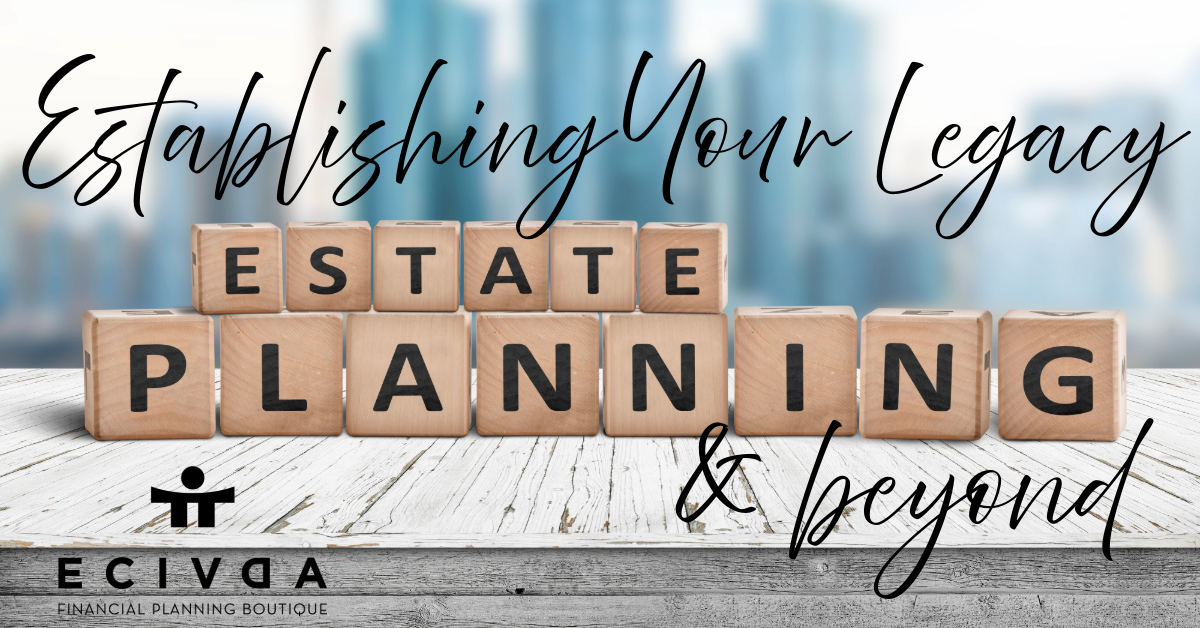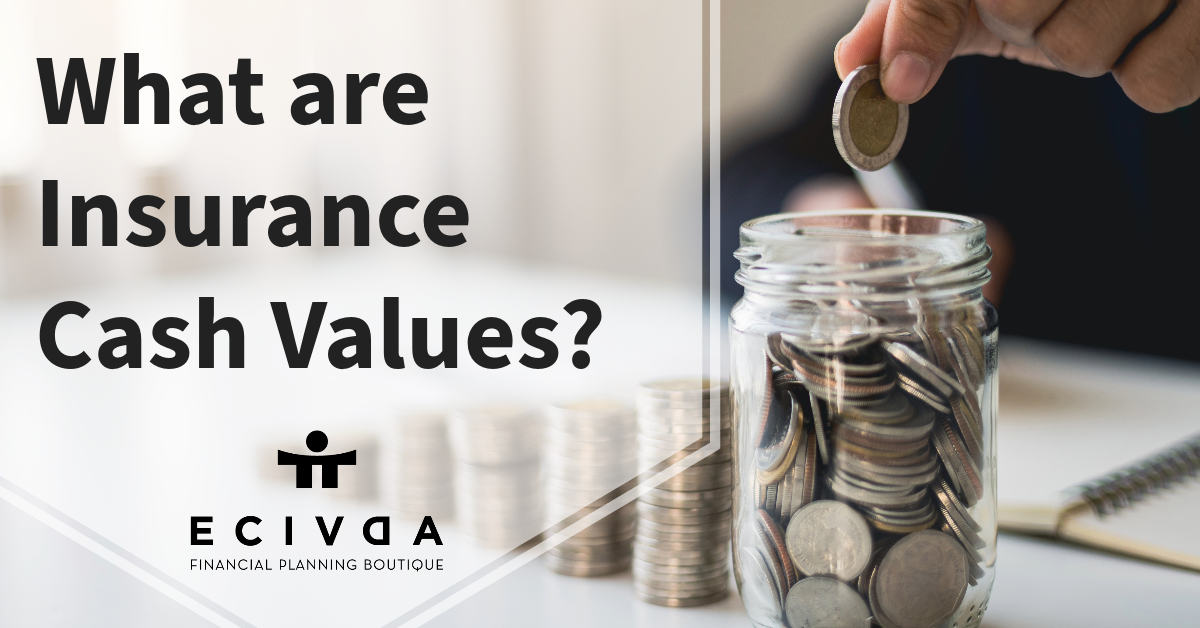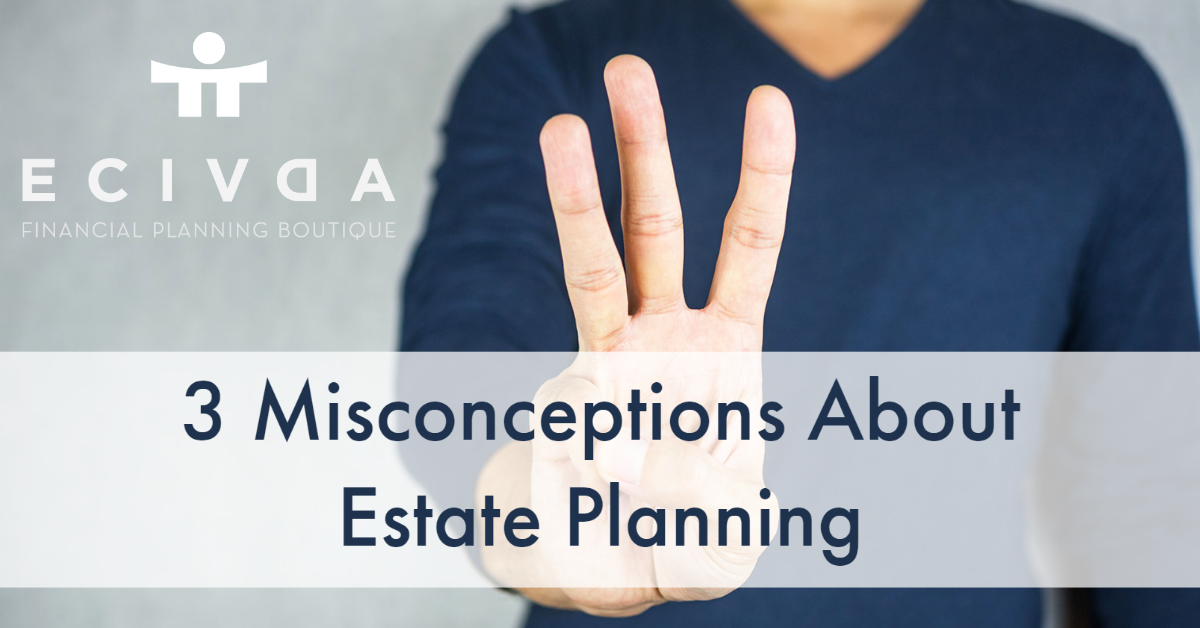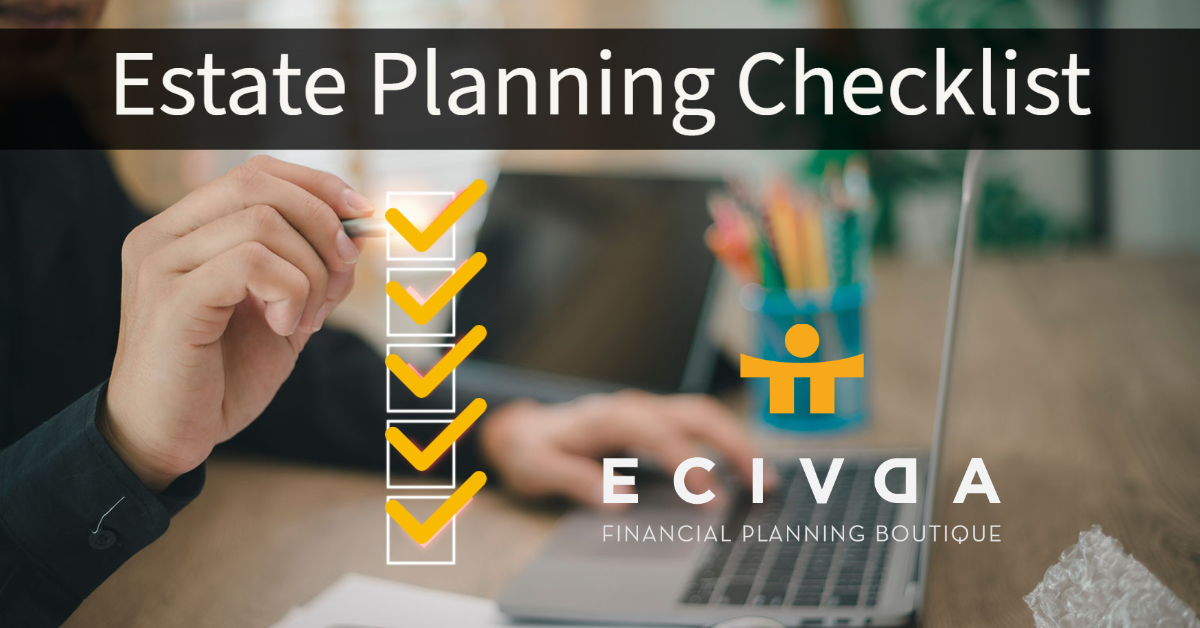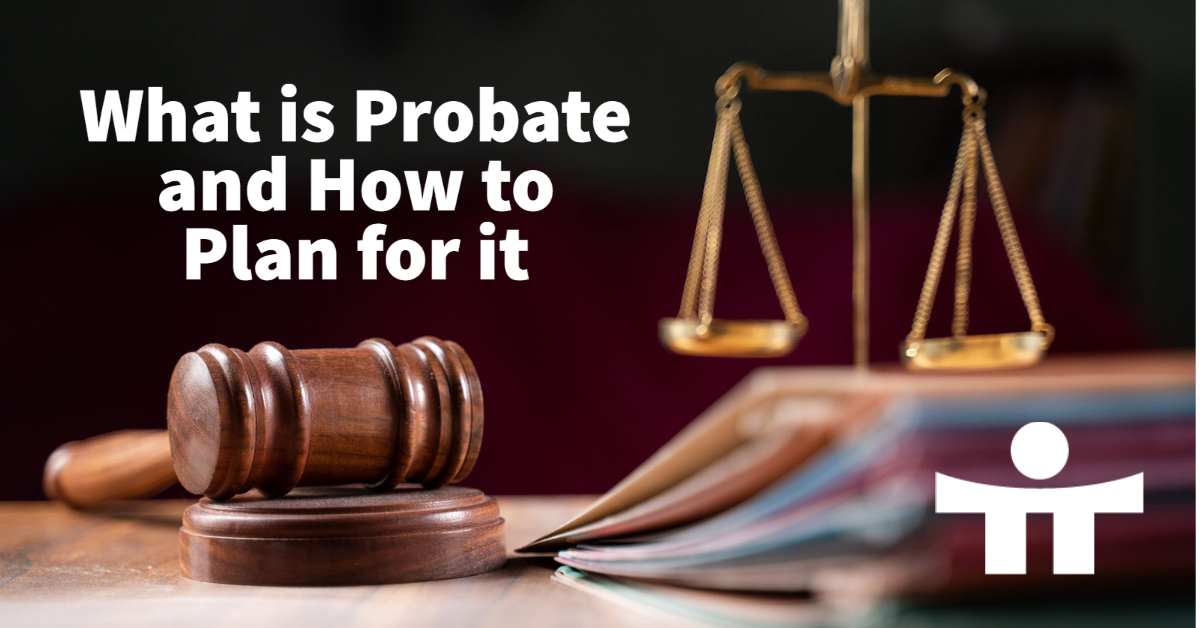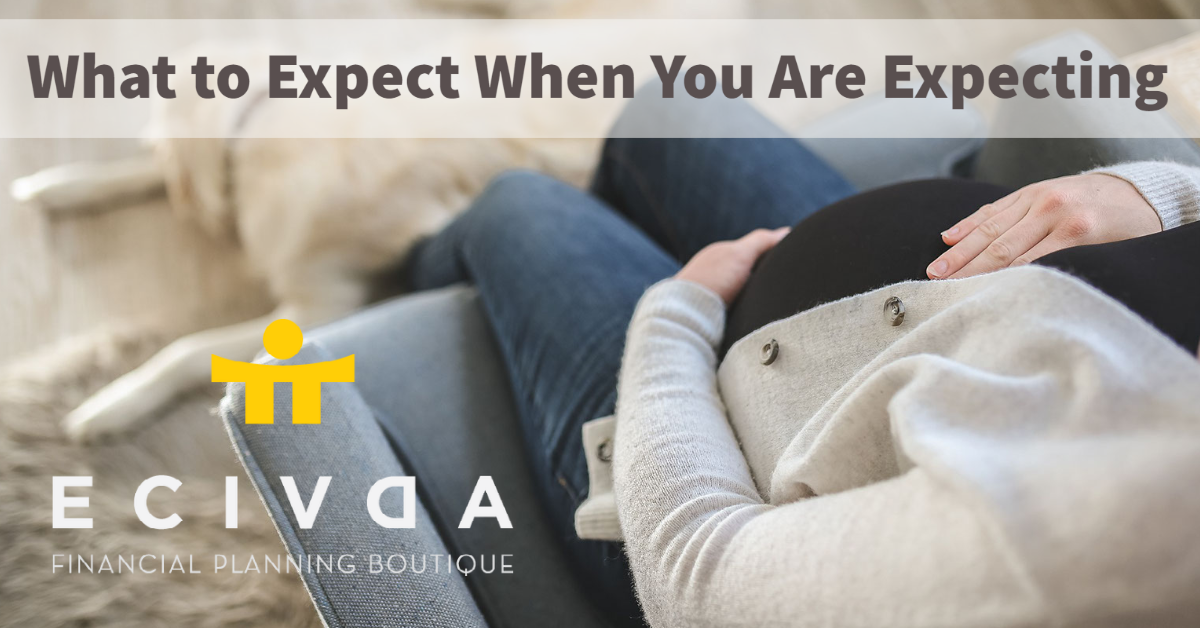Establishing Your Legacy: Estate Planning and Beyond
Planning the management of your estate after you pass away requires careful consideration and preparation. There is much more to the process than deciding who gets the fine china, and your grandmother’s silverware!
Well executed estate planning leaves little room for dispute when it comes to distributing monetary and physical assets, but also re-establishes adherence to wishes regarding charities, bursaries and trusts.
What you need to know
It is imperative that any will include the sound advice of a lawyer specializing in this area. We may want to rely on those we have trusted in the past, but if your lawyer isn’t listed as a specialist, rely on them for a recommendation to a trusted colleague with the appropriate experience.
Inexperienced attorneys may not provide the appropriate after-tax guidance, or the proper advice to select an executor, both of which could make your legacy desires difficult, or even impossible to fulfill.
If you have some special needs, like the following, experience becomes even more important.
Charitable Trusts
Setting up a charitable trust allows the trustee to decide where their money is going and how they will be remembered.
Establishing your legacy may include making a contribution to an area of your community that was significant in your life. Areas may include sports, the arts, the hospital, the zoo, or your alma mater.
You may ask yourself:
- What causes are important to me?
- How will my money (and this charity) further benefit society?
Your Last Will and Testament
Drawing up a will is an important resource regardless of the life-stage, amount of assets, likelihood of death, or number of heirs. If you own anything of value that you would like to pass on to another, it is always better to decide yourself, versus running the risk of having an outsider make decisions on your behalf.
It is also important to note that your will is a living, breathing document, which means you can’t just set it and forget it.
Updating your will every few years to reflect your changing financial and familial situations allows you to remain in control of your assets and determine how they will be distributed. The conditions that could cause you to re-set your will are:
- Getting married, or divorced
- Becoming a widow(er) – This is an often-overlooked event since the strain of loss distracts the surviving spouse, and, unfortunately, elderly couples often pass away quickly after one another.
- Birth of a child or children
- Marriage or divorce of an adult child
- Birth of grandchildren
- Passing away of siblings
Often the beneficiaries of investment accounts, especially “registered” accounts like RRSPs and RRIFs should be specifically named in the Will and with the custodian of the accounts.
Let’s review the basics.
To begin this process, you must first determine your net worth. To do so use this equation:
Total Assets – Total Liabilities = Total Net Worth
Assets include land, buildings, and things that you own outright.
Liabilities encompass debts, mortgages, and anything that you owe.
Steps to Creating Your Last Will and Testament
- Hire a lawyer— Be sure to choose a lawyer that you feel is skilled and experienced with Wills and Estates, trustworthy, honest, and that will hopefully be around longer than you. A lawyer will help you put your affairs in order and ensure you don’t miss anything important.
- Name your trustee/executor— This person will make sure that the stipulations outlined in your will are met. So, choose someone you know and trust.
- Decide how your assets will be divided — Planning for every scenario will alleviate additional stress on the part of your trustee/executor when having to make decisions about your personal assets.
- Name your beneficiaries.
- Determine if you are contributing to any charity or trust and describe said identity in the will.
- Outline your end of life decisions in your living will ( also called Power of Attorney for Personal Care)
- Update beneficiaries for all your life insurance policies and registered accounts, including pensions
A Living Will for End of Life Decisions
A Living Will is a legal document that a person uses to make known his or her wishes regarding life prolonging medical treatments.
A Living Will outlines your wishes for medical treatment if you are unable to speak or lie in a vegetative state. The document outlines which life prolonging treatments you want and do not want in regard to resuscitation.
Canadian law is changing on the matter of Right-to-Die, and a Living Will could include additional instructions that address overt action to end a life.
Estate Planning and Beyond
Determining how your life will be remembered in the event of your death is an important part of your legacy. Making the big decisions easier for your family by having them outlined in a comprehensive document can be one of the most important choices you ever make. You may determine establishing a charitable trust is the right choice for you or you may deem to divide the assets among family. The most important thing to remember is that it is your decision and will therefore be the right one.
Bottom Line
Planning the management of your estate after you’re gone is not an easy endeavor. Your financial advisor is an appropriate person to consult at the beginning and throughout the process.
